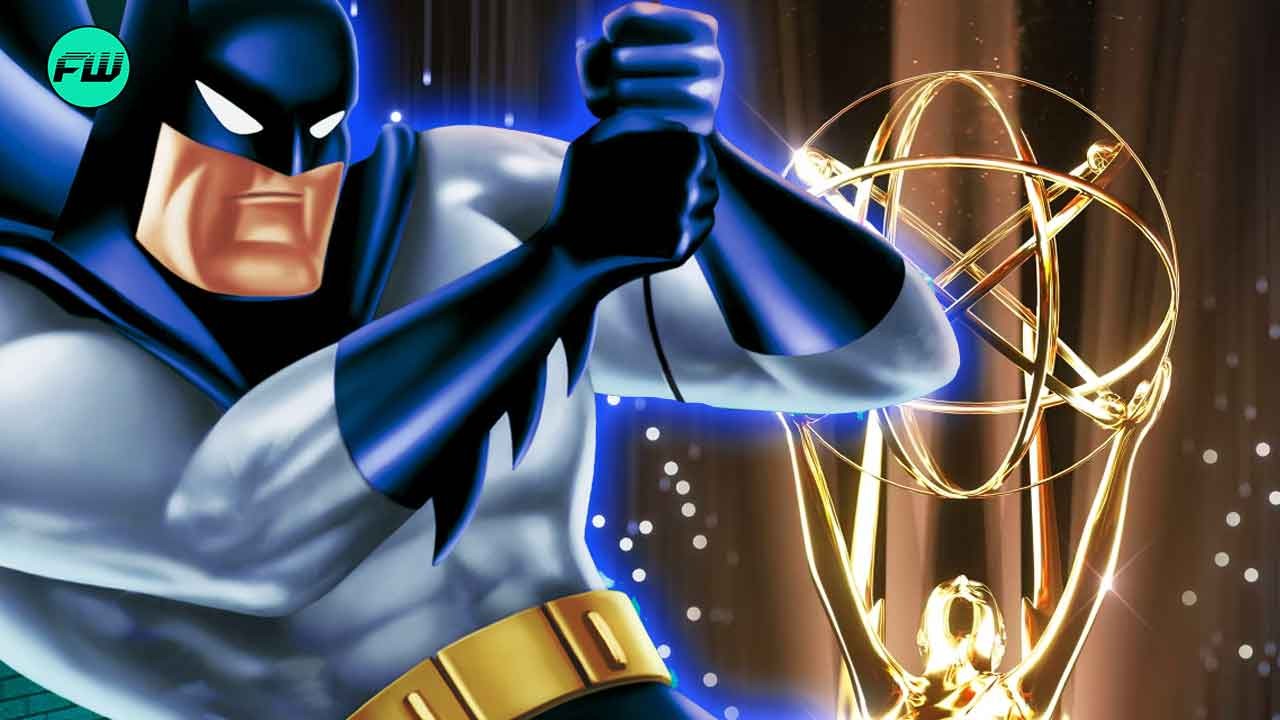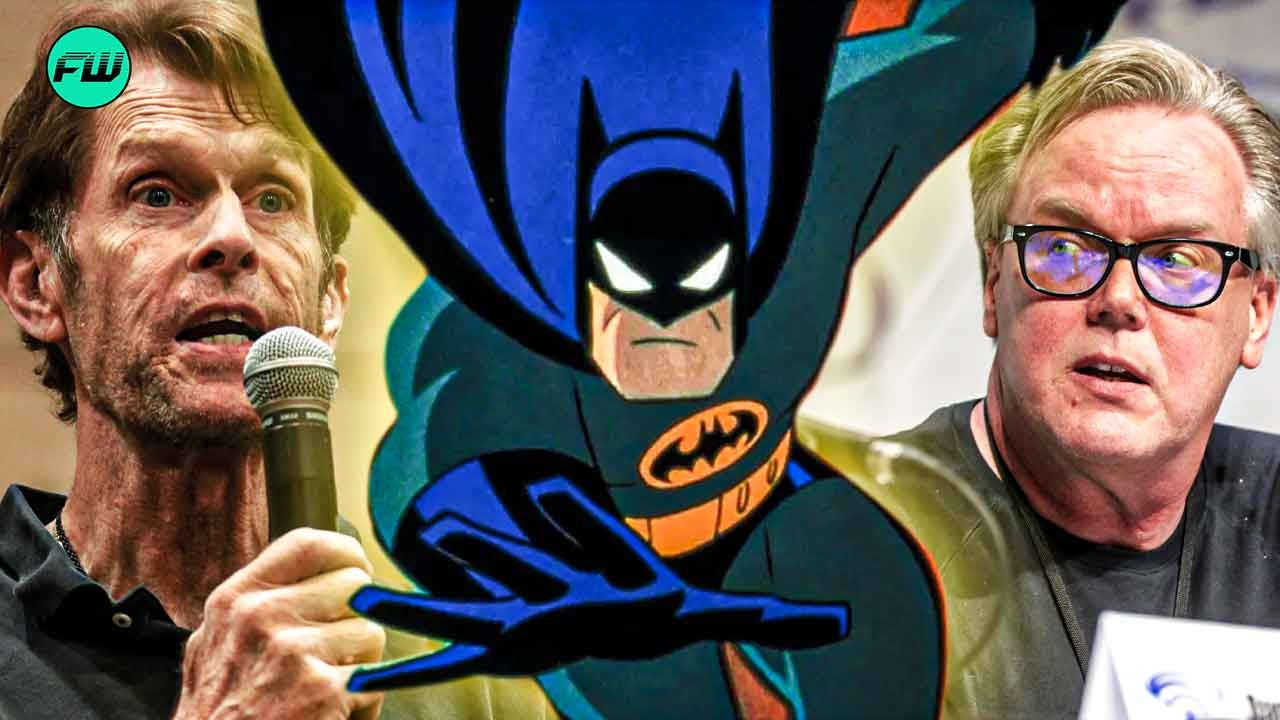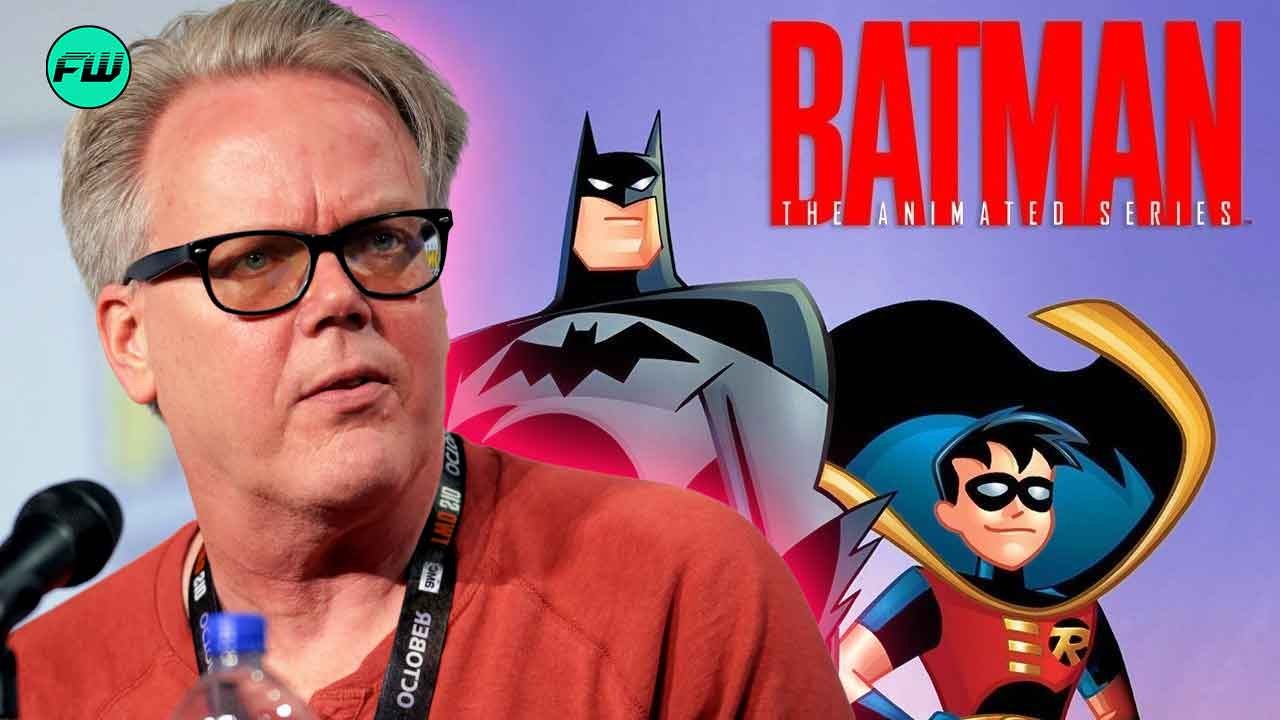The creations of Bruce Timm, Paul Dini, and Alan Burnett among numerous others shall remain unparalleled in history due to the weight of the legacy of Batman: The Animated Series. The 90s show taught the world more about the Caped Crusader than all the Batman movies combined and remains one of the most beloved series due to reasons far beyond simple human understanding.
In its culmination, the pay-off for creating Batman: The Animated Series was an inadvertent insult to the reputation of the show that changed millions of lives around the world.
Alan Burnett and the Legacy of Batman: The Animated Series
Although Batman: The Animated Series might be synonymous with the late great Kevin Conroy, it is the labor of love of unsung heroes who forever changed the perception of comic book adaptations from kids’ television to universal entertainment.
Among those unsung heroes also lay Alan Burnett, animator and producer of the series, whose contributions to the show alongside numerous others helped establish Batman as the dark, noir, moody superhero that we all know and love today.
“Well, of course, everyone loves the first Mr. Freeze story, which was Paul Dini’s. I also like “Almost Got ‘im,” another Dini script, about villains in a poker game, reminiscing about their close encounters with the Dark Knight. There were two episodes written by the great horror novelist, Joe R. Landsdale: “Perchance to Dream,” which imagines Bruce Wayne’s life had he not become Batman, and “Speak No Evil,” the first Ventriloquist story. That one is among our most noir-ish looking shows – you’d think it was drawn on black velvet. I also have a lot of affection for the two-part Two-Face origin, script by Randy Rogel, and the second part of the origin of Clayface, which has animation to die for.
I have to also add “Robin’s Reckoning,” which got us an Emmy for a primetime animated show. We were on Sunday nights against “60 Minutes”. We lasted 13 weeks.”
But despite the universal love that was showered upon the show and the era-defining legacy that it established in real-time, Alan Burnett was disappointed that the show was never recognized by the Emmys in the Best Daytime Show category even once.
“Batman: The Animated Series” never won an Emmy for best daytime show all the years that it was on daytime. I don’t think we weren’t considered a kids’ show by Academy voters, even though we were under the aegis of “Children’s Programs.” There’s that, and a sense that the Academy had zero respect for superheroes. I started making a stink about this early on, and I don’t know if I had any influence, but the Academy eventually split the animation categories into two: a “special animation” category as well as a children’s show” category. We did win in the “special” category years later for “Batman Beyond.”
The influence of the show was such that it even managed to revolutionize the Emmys in the end. In the years that followed, the world grew more accepting of the status of comic book adaptations.
Heath Ledger became the first actor to win an Academy Award for a comic book movie role in the esteemed Christopher Nolan film, The Dark Knight. Joaquin Phoenix‘s Joker also nabbed 11 staggering Oscar nominations, winning Best Actor for Phoenix for his titular role and Best Original Score.
The World Ought to Pay More Attention to Comic Books
The images of Superman, Batman, and Captain America instilled philosophies of bravery, strength, virtuosity, morality, and character that surpassed everything else at the time – including the stifling air saturated with fear, desperation, and hopelessness that defined the era.
As such, Alan Burnett defined the essence, relevance, and importance of comic books within one simple sentence when he claimed: “It’s probably done me more good than my college degrees.”
Batman: The Animated Series is currently streaming on Max.


![Batman: The Animated Series [Credit: Warner Bros. Animation]](https://fwmedia.fandomwire.com/wp-content/uploads/2024/04/22112128/Batman-The-Animated-Series-Credit-Warner-Bros.-Animation.jpg)
![Batman: The Animated Series [Credit: Warner Bros. Animation]](https://fwmedia.fandomwire.com/wp-content/uploads/2024/04/22112136/Batman-The-Animated-Series-Credit-Warner-Bros.-Animation-1.jpg)

![Joker and Batman in Batman The Animated Series [Credit Warner Bros. Animation]](https://fwmedia.fandomwire.com/wp-content/uploads/2024/04/22112108/Joker-and-Batman-in-Batman-The-Animated-Series-Credit-Warner-Bros.-Animation.jpeg)
